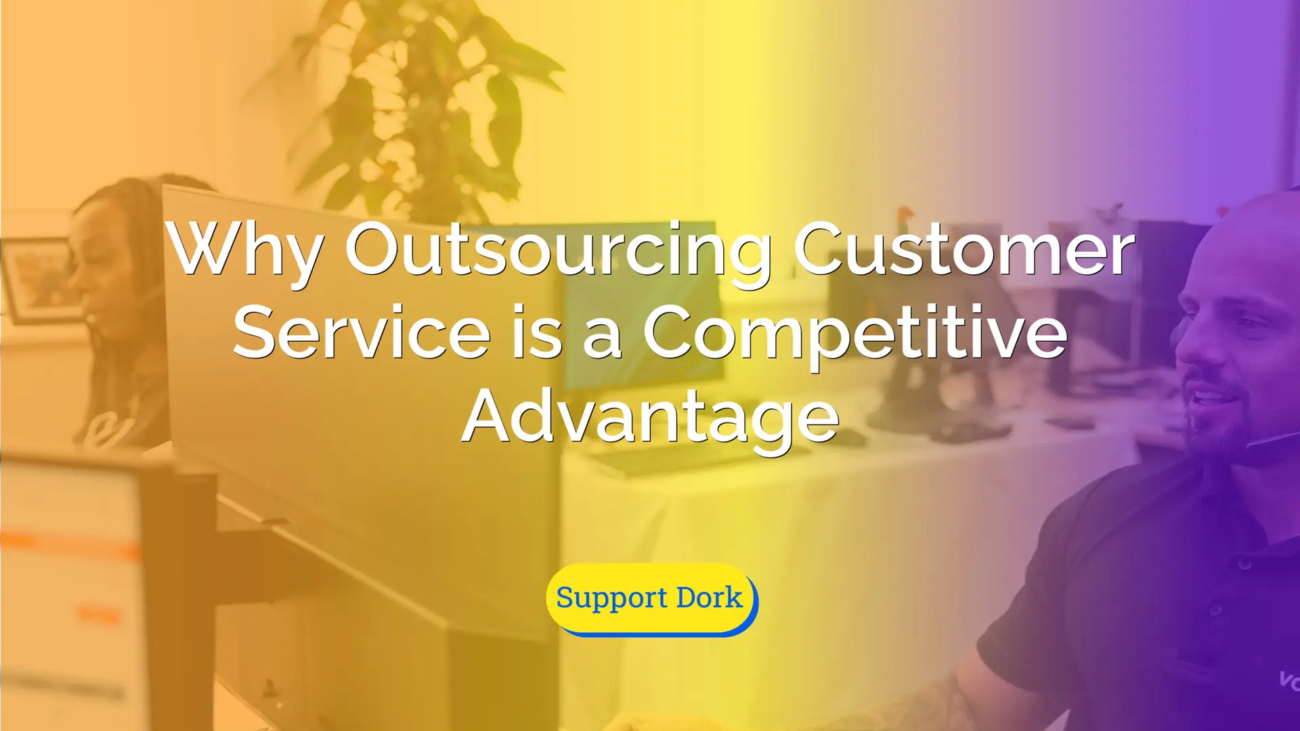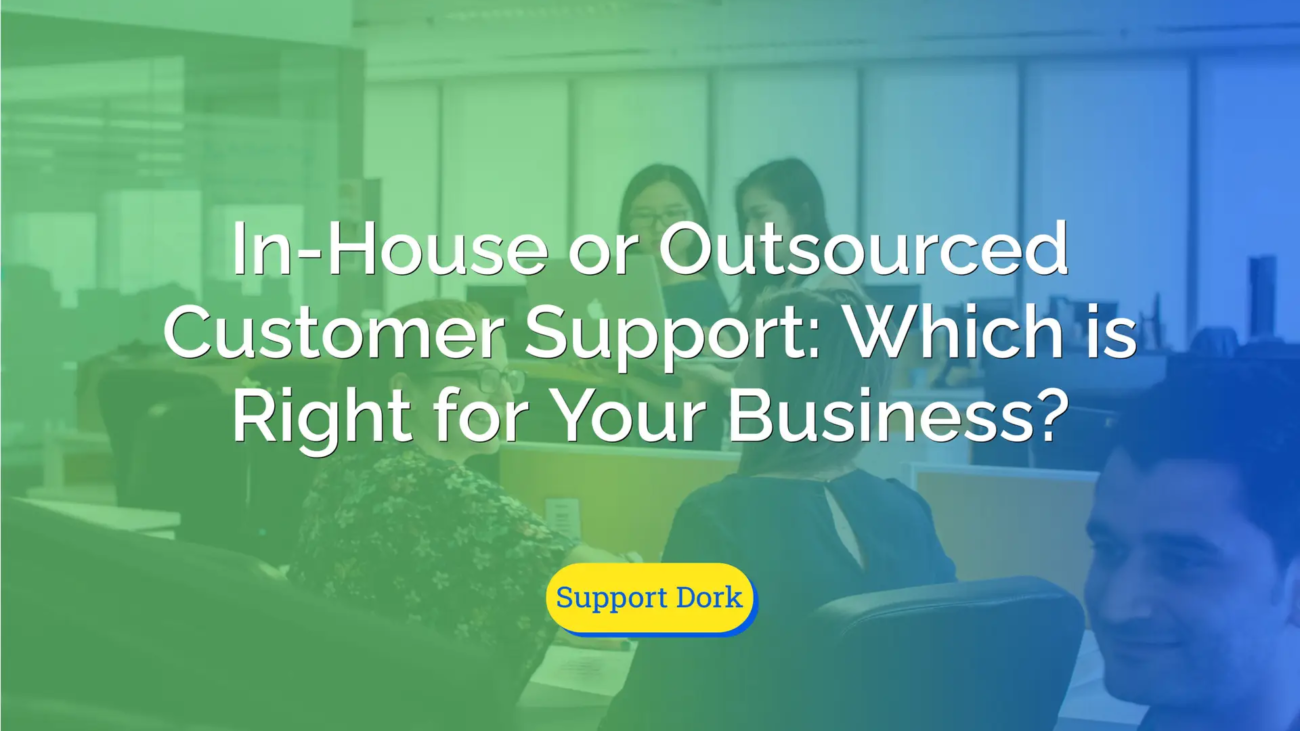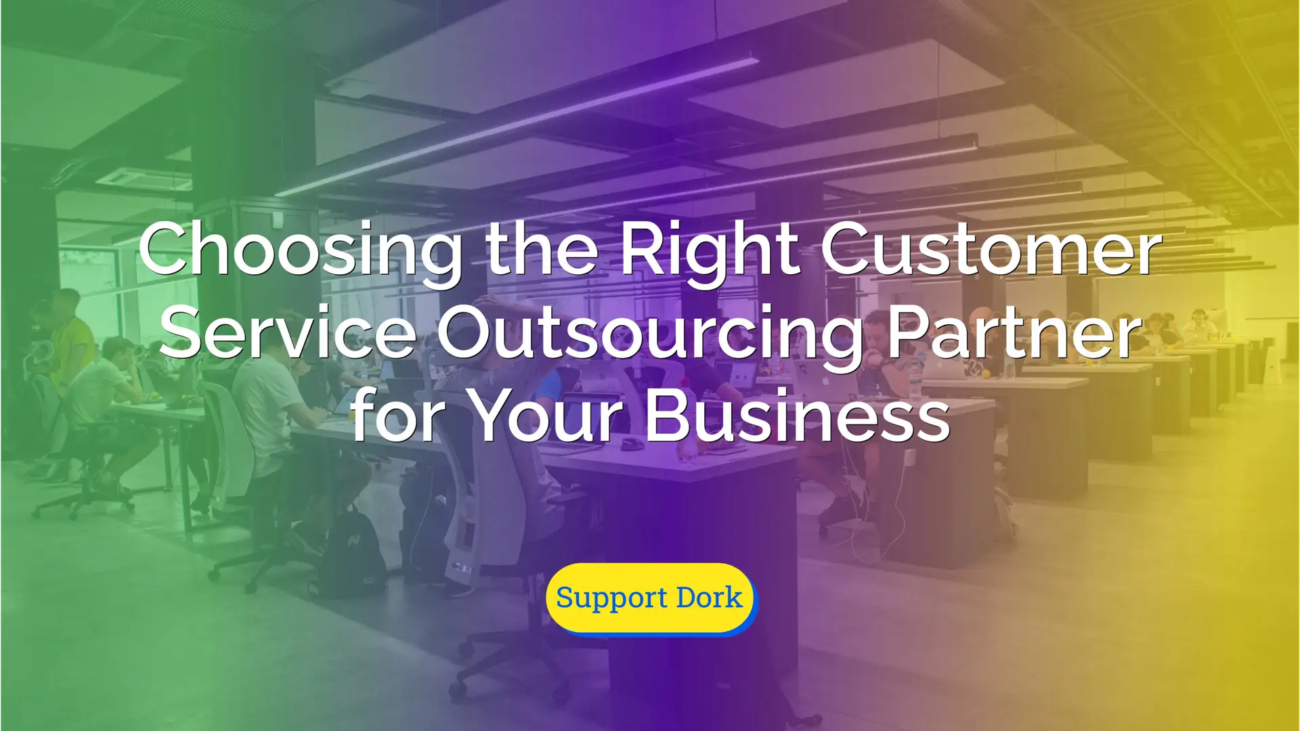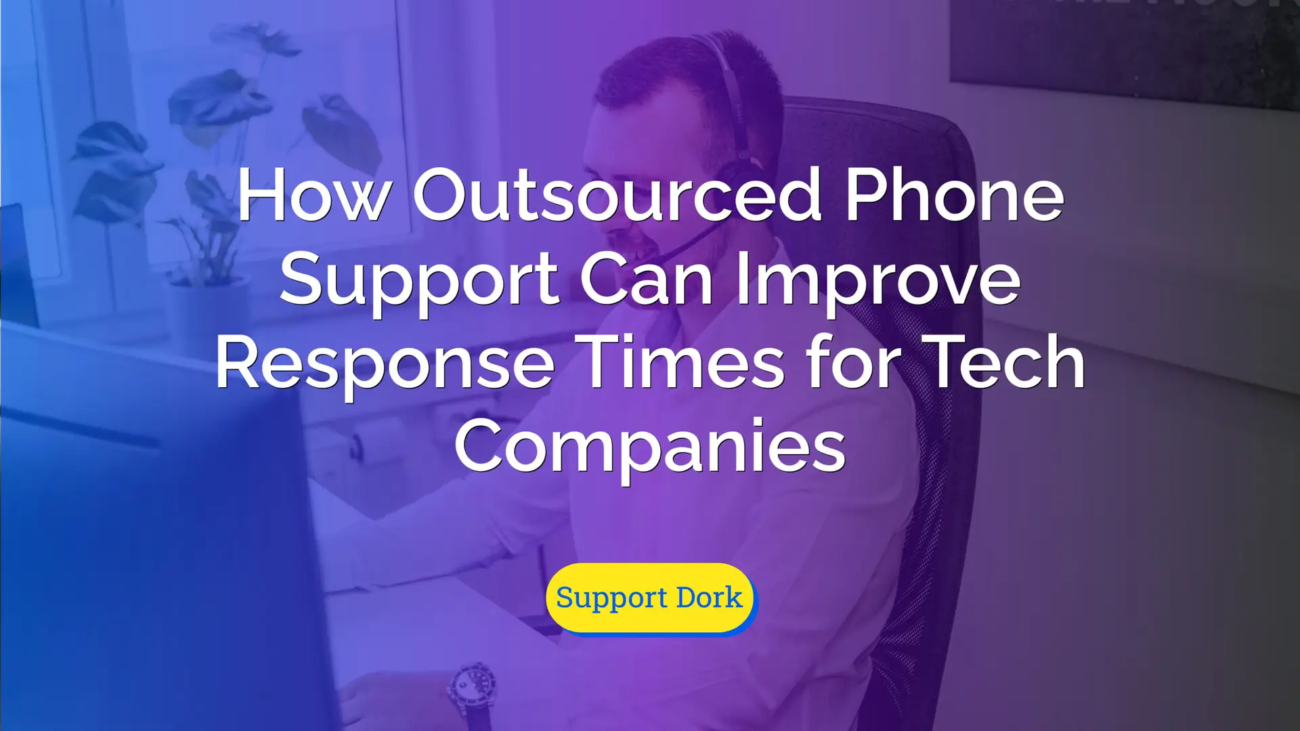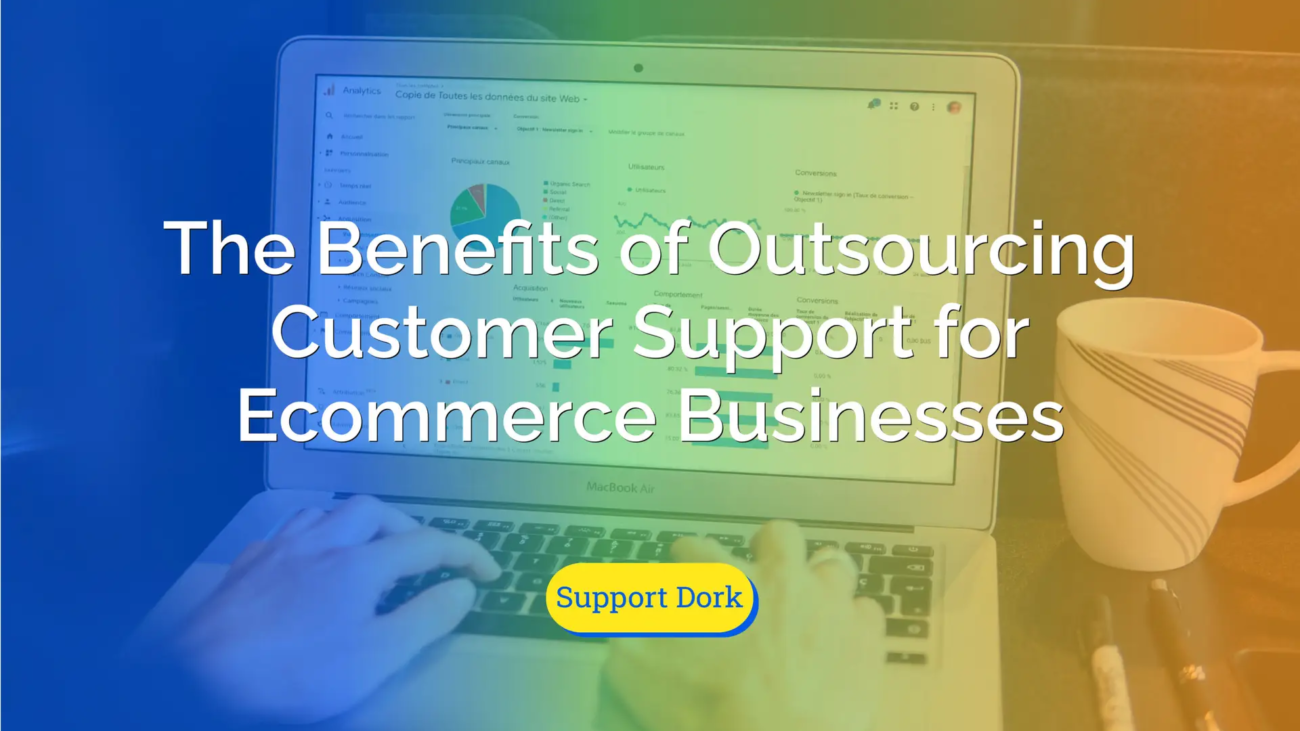In today’s highly competitive startup landscape, efficient customer support can be a real game-changer for your business. Customers have ever-increasing expectations for quick responses and personalized assistance, but building and maintaining a robust in-house customer support team can be expensive and time-consuming for a growing company. This is where outsourcing your customer support can make all the difference. By delegating this critical function to a customer service outsourcing partner, startups can streamline their operations, save valuable resources, and accelerate growth. Below, we’ll explore how outsourcing customer support can help you startup scale faster and maintain a competitive edge.
Freeing Up Core Resources
One of the greatest benefits of outsourcing customer support is the ability to reallocate essential resources. Startups often have limited budgets and tight-knit teams where each member is juggling multiple roles. When support duties consume significant time, it can prevent leaders and developers from focusing on product innovation, marketing, and other areas of your core business.
By entrusting customer support to a customer service provider, startups can free up internal talent to work on high-impact tasks that directly contribute to revenue generation and long-term sustainability 0 the reason why your startup exists in the first place.
The outsourced partner takes on the day-to-day interactions with customers, while the founding team and key employees devote their efforts to perfecting the product, crafting compelling marketing campaigns, and exploring new market opportunities.
Gaining Access to Specialized Expertise
Most outsourcing companies hire and train agents who specialize in delivering exceptional customer service across various industries and platforms. These professionals understand best practices for handling inquiries, troubleshooting technical issues, and managing escalations with tact and empathy.
Since these agents already possess solid support skills, your startup can skip the lengthy process of recruiting, training, and onboarding an internal team. This specialized expertise ensures your customers receive high-quality support from day one across multiple channels, helping you establish credibility and a strong reputation in your niche.
Achieving 24/7 Availability
Customers want help whenever they need it, which is often outside typical business hours if you’re running a SaaS or ecommerce company. Providing around-the-clock support in-house typically means recruiting multiple shifts, offering overtime pay, and managing complex schedules. For a startup aiming to keep expenses lean, this can be a significant challenge.
Outsourcing customer support allows you to extend your hours of operation across different time zones without creating an internal staffing nightmare. As a result, you can maintain excellent service levels at any hour, meeting global customer demands and reducing response times. This 24/7 availability can set you apart from competitors, reinforcing trust and encouraging repeat business.
Enhancing Scalability and Flexibility
Rapid growth often brings sudden spikes in customer inquiries – think viral marketing campaigns, peak seasons, or major product launches. Scaling an in-house team to handle these fluctuations can be both slow and expensive, especially if you need to hire multiple agents at once.
By contrast, an outsourced customer support partner like Support Dork can quickly ramp up or down to match your demand. This flexibility is invaluable for startups experimenting with different product lines or market segments. You only pay for the level of service you need, enabling you to operate more efficiently and direct your funds to the initiatives that truly drive growth, like product development or strategic partnerships.
Improving Customer Satisfaction and Loyalty
Outsourcing does more than simply lighten your operational load; it can also boost the quality of support your customers receive. Dedicated support teams are trained to handle queries with empathy, clarity, and speed, all of which lead to higher satisfaction and a stronger brand image. When customers feel their concerns are addressed promptly, they’re more likely to remain loyal to your startup and recommend it to others.
Customer loyalty is particularly vital for startups because a stable base of repeat customers can help you weather market fluctuations. Moreover, satisfied customers are more inclined to share positive feedback on social media or review platforms, further amplifying your brand’s reach.
Collecting Data-Driven Insights
In the process of handling tickets and customer conversations, an external support team will gather valuable data on user pain points, feature requests, and overall sentiment around your product or service. These insights can inform everything from product improvements to marketing messages, ensuring you remain aligned with evolving customer needs.
By outsourcing customer support to a provider that offers analytics and regular reporting, you’ll have a clearer view of what’s working and where adjustments might be necessary. This data-driven approach not only refines customer service but can also guide strategic decisions, ultimately accelerating your startup’s growth trajectory.
Keeping Overheads in Check
Hiring an in-house team means covering salaries, benefits, office space, and ongoing training costs. For a startup watching every penny, these expenses can quickly become overwhelming.With outsourced support, you typically pay a monthly fee or a per-ticket rate, creating predictable costs that can scale up or down based on your workload.
This model prevents you from over-committing resources during periods of low demand while still providing the capacity to handle peak times effectively. The result is a more flexible financial structure that supports sustainable expansion rather than straining it.
It’s True – Outsourcing Customer Support Really Can Help Your Startup Scale Faster
Outsourcing customer support is a powerful strategy for startups looking to scale rapidly. By offloading daily support tasks to a dedicated team of professionals, you free up your own resources, tap into specialized expertise, and provide 24/7 assistance without incurring massive overhead costs. With the ability to flexibly scale up or down, plus the added benefits of customer insights and data-driven improvements, outsourcing puts you in the best position to maintain excellent customer satisfaction as your startup grows.
If you’re seeking a more efficient, cost-effective way to manage your customer support while focusing on core operations, now might be the ideal time to explore an outsourced solution. Contact Support Dork today or schedule a call at your convenience to learn how our outsourced customer service solutions can help your startup scale efficiently, quickly, and happily.


